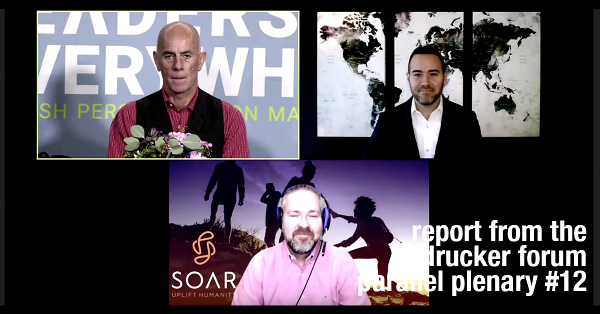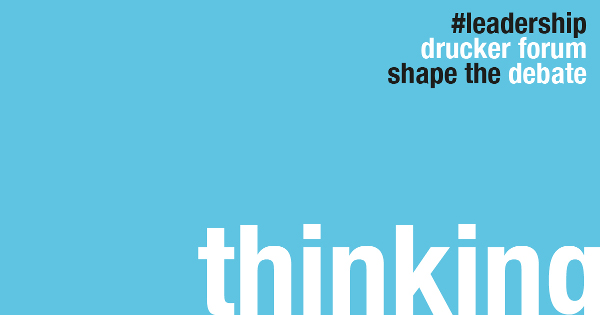The character of organizations has changed so much in recent years, that we have invented new words and phrases to describe life in 21st century organizations. Examples include: chaotic, disruptive, and VUCA—an acronym for volatile, chaotic, uncertain and ambiguous. Global competition, digital revolution, political uncertainty and other factors are now joined by the global pandemic.[…]
Continue reading








